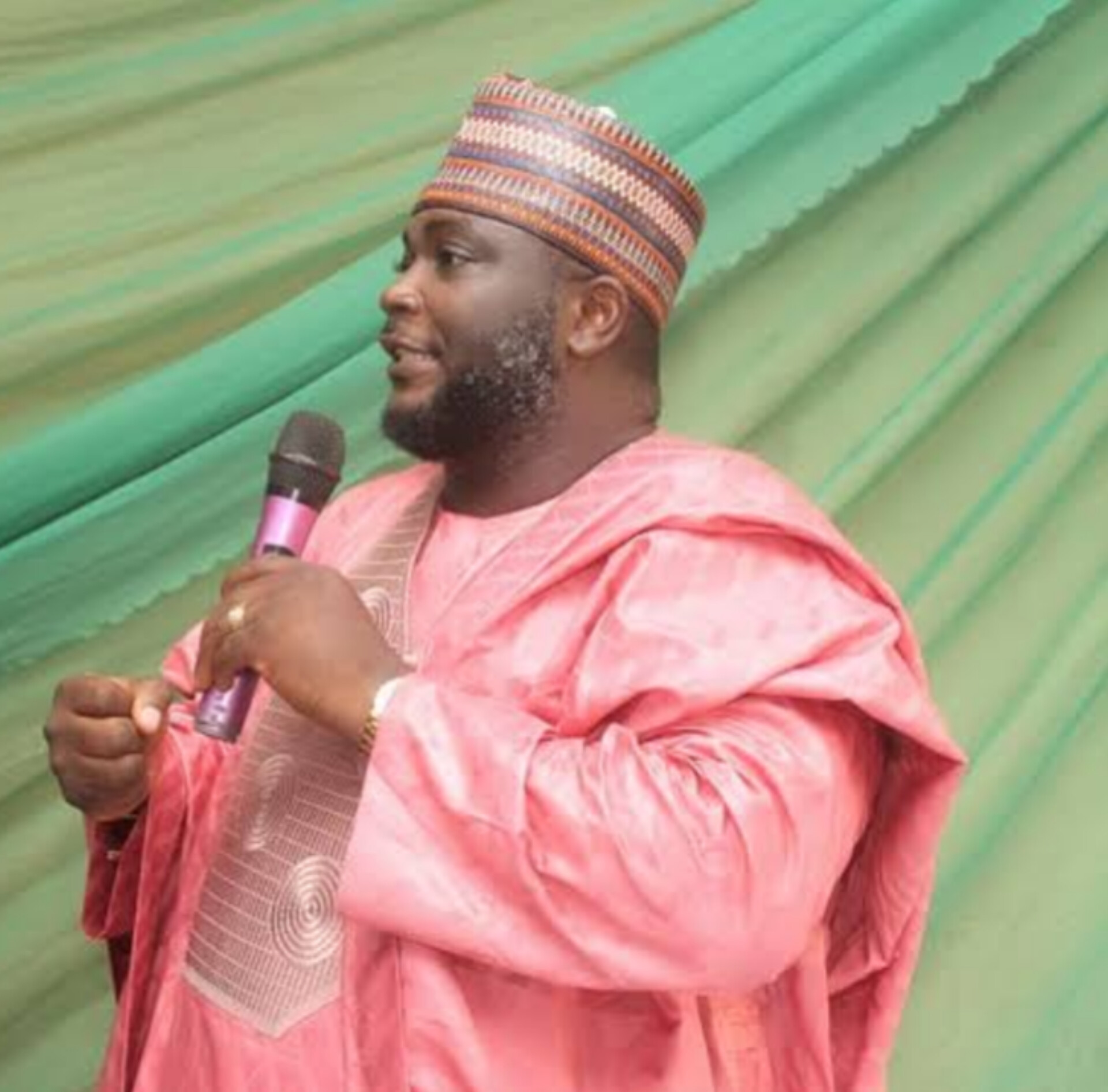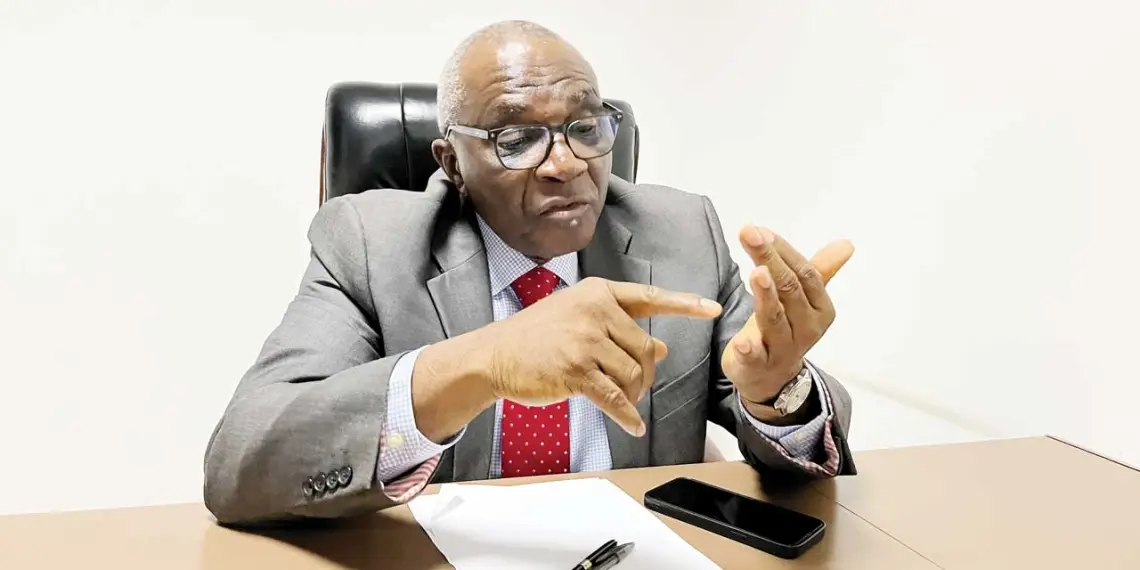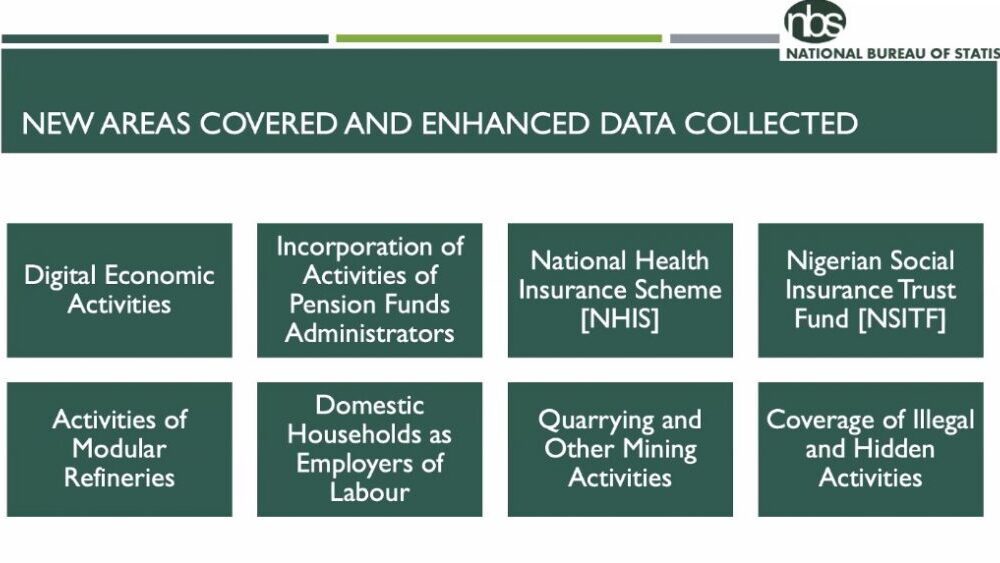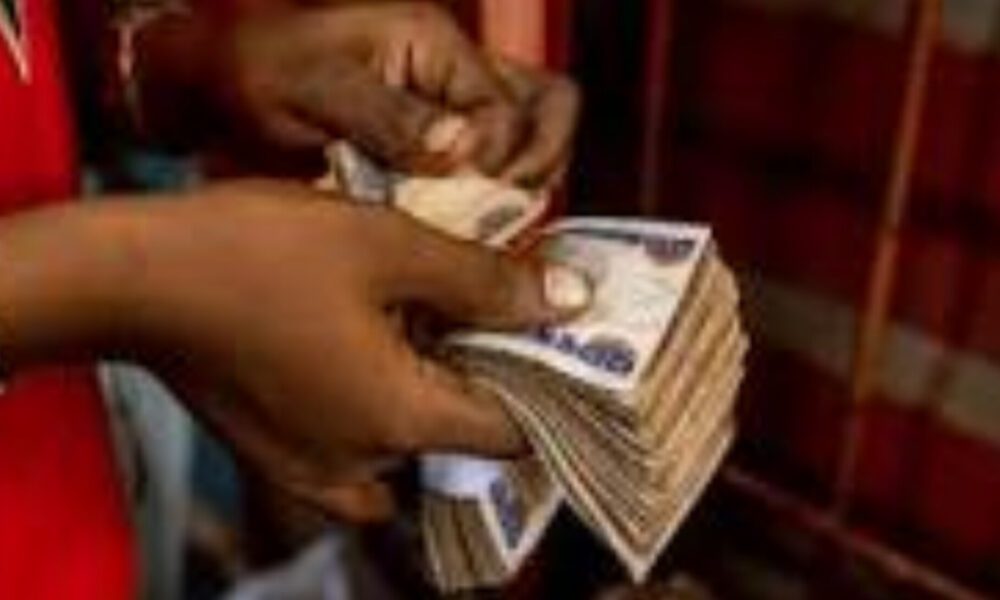***Says, APC ABRACADABRA Propaganda can not solve the problem
The National Secretary of the Coalition of United Political Parties (CUPP) High Chief Peter Ameh has bemoaned the downturn in the investment climate occasioned by insecurity that is causing apprehension among foreign investors who are now leaving Nigeria in droves to other African countries.
Ameh spoke against the backdrop of the News that Microsoft is closing its office in Nigeria which he said is very disturbing.
The organization announced that they will close their Ikoyi office this week.
Ameh quoted the Managing Divecter of Okomu Oli Palm Pic, Graham Holter, who said it is absurd that they pay over N12 billion in taxes to government annually and still are left to fend and seek security for equipment and personnel themselves.
“What kind of Investment-friendly environment are you providing?”
Ameh lamented that situation is devastating and there is no end in sight.
“70% of crisis the country is facing today is the result of insecurity. Government must take the bull by the horn to address it now before it’s too late but those in Government will rather prefer to be harassing Journalists and opposition parties/leaders.
‘Without effective Security Measures for the country we are in danger of losing Foreign Direct Investments (FDI) and at risk of losing the investors confidence in our economy.

“Security, good roads and train services will remain essential to ensure that we are able to protect our country from being abandoned by investors.”




